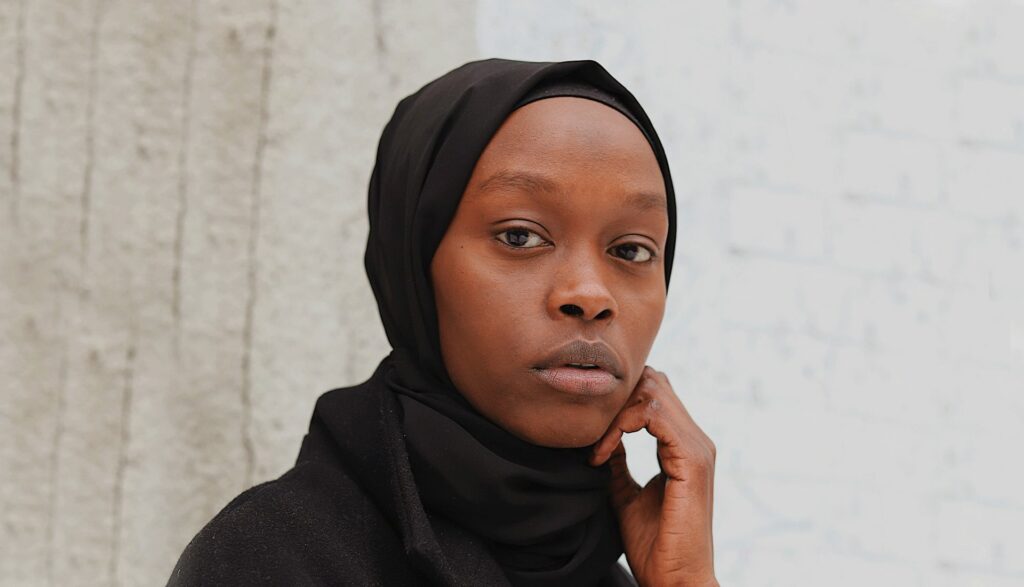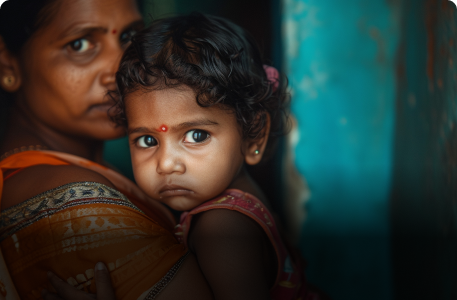
What Are The Abortion Trends In Europe?
In a continent as vast and diverse as Europe, abortion laws vary from country to country.
However, most European countries permit abortion at some point during pregnancy, with fluctuations in limitations based on the gestational age of the preborn baby or other exceptions.
What Countries In Europe Support Abortion?
Most countries in Europe have some degree of support for abortion. According to the pro-abortion organization Center for Reproductive Rights, 41 European countries allow abortion for broad reasons at least in the first three months of pregnancy.
One of the problems is that during this period of fetal development, the preborn child’s heart begins to beat. His or her complete genetic composition was formed at fertilization, and this unique human being is already cherished by God.
What Countries In Europe Protect Life Under The Law?
Six countries in Europe protect preborn life under the law by not allowing abortion on demand. In fact, the small archipelago country of Malta has completely banned abortion since 1724, and the country’s president (a former medical doctor) has stated he “will never sign a bill that involves the authorization of murder.”
However, even in countries that have legal safeguards against abortion, many women feel the need to terminate their pregnancies outside their country’s borders.
There is still work to be done to ensure that the preborn are not devalued and that women and families worldwide have the support they need to choose life.
What Are The Abortion Trends?
In Europe, the lives of the preborn are at the mercy of changing laws and public opinion, just as in the United States.
Decreasing Legal Protection For The Preborn
Pro-abortion groups across Europe are working to overturn legal protections for unborn children. This includes the current haven of Malta, where Global Doctors for Choice and others advocate for “comprehensive reproductive healthcare.”
While we fully acknowledge the importance of women’s rights and quality healthcare, we must ensure that this correctly means the rights and health of all people are valued, including the preborn.
Aborting Children With Down Syndrome
Sadly, another trend in Europe devalues people with disabilities as well as the preborn.
Britain
In Britain, most abortions are banned after 24 weeks. However, if tests indicate fetal abnormalities such as Down syndrome, abortion is permitted up until birth.
A British woman with Down syndrome recently challenged this law, calling it a form of discrimination, but the law was upheld.
Iceland
In Iceland, prenatal testing has led most parents to terminate their pregnancies when Down syndrome is detected.
While genetic counseling in the country is intended to be neutral, the result is that only one or two new Icelanders are born with Down syndrome each year. The general view, expressed by one counselor, is that “[abortion prevents] suffering for the child and for the family.”
Denmark
Denmark was one of the first countries to begin offering prenatal genetic testing, including Down syndrome screening, to all pregnant women. Most Danish parents faced with the knowledge of their child’s disability choose to abort.
The language has changed over the decades from eugenics to choice, but it leaves many families and people with Down syndrome feeling the weight of life devalued in the womb.
How Can I Help Make A Change?
You know that life is precious, no matter the country. At Sanctity of Life, we save lives across the globe by working together with pro-life leaders throughout the movement–including you.
With your help, we can positively impact the hearts and minds of women, families, and entire societies.
Give Today
Donate now to provide sonogram machines, outreach through church engagement, and other life-saving measures in Christ’s name.
The sanctity of preborn life is as important in Europe as it is in your hometown.

0
Give Now